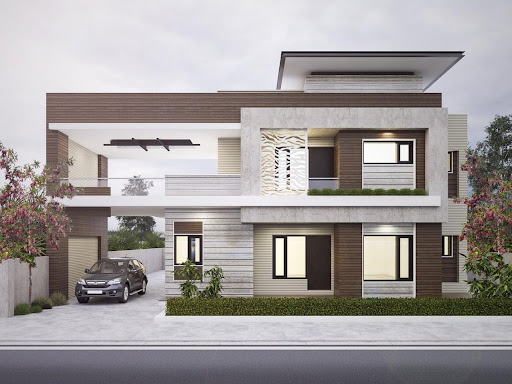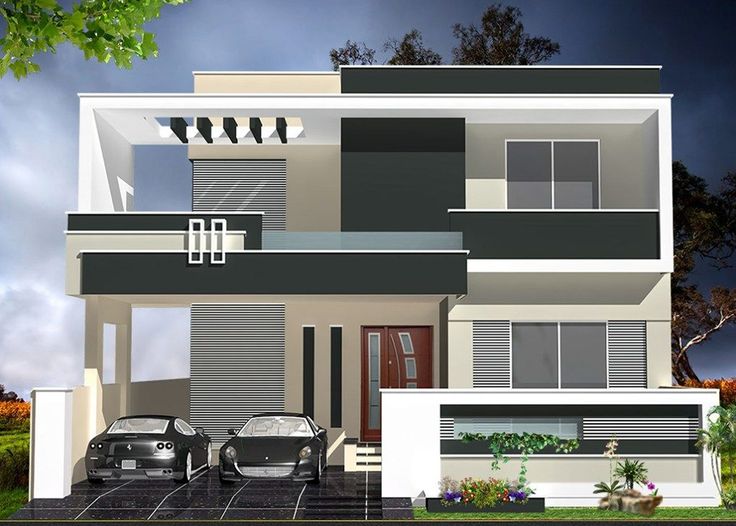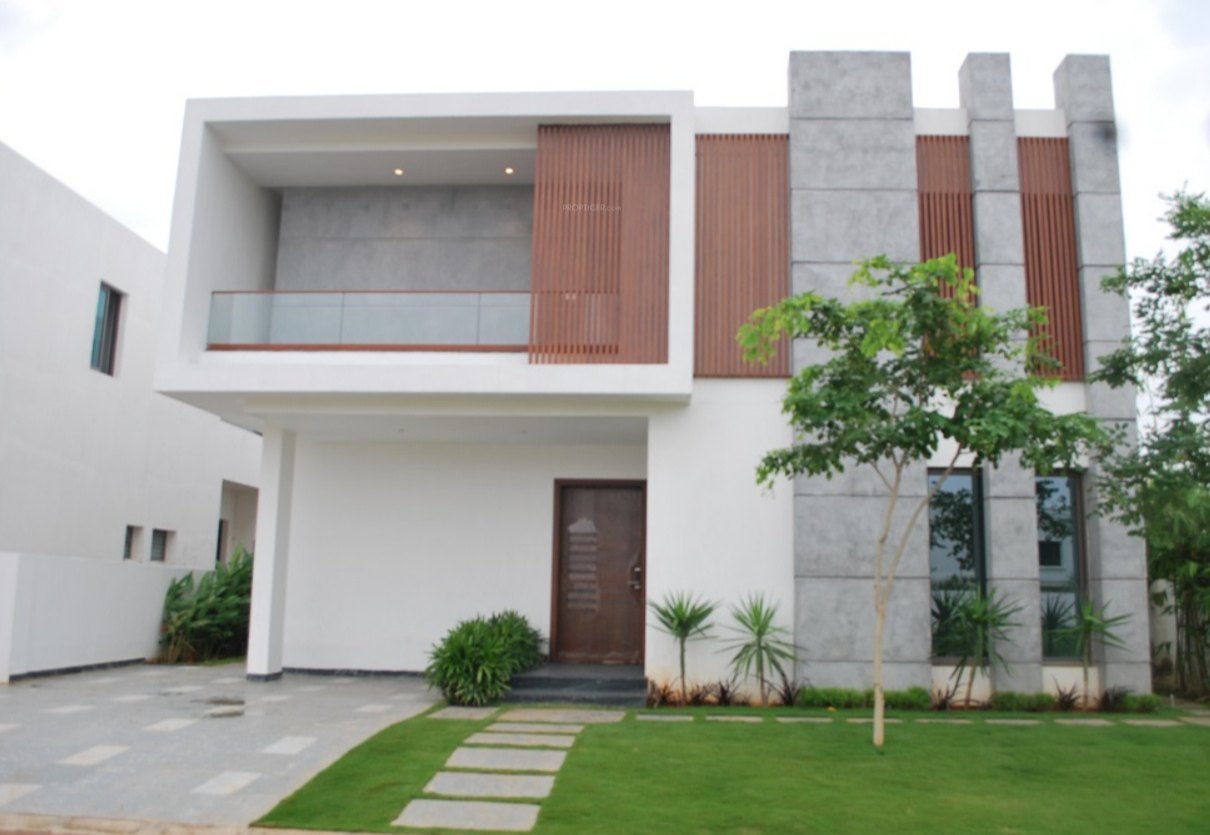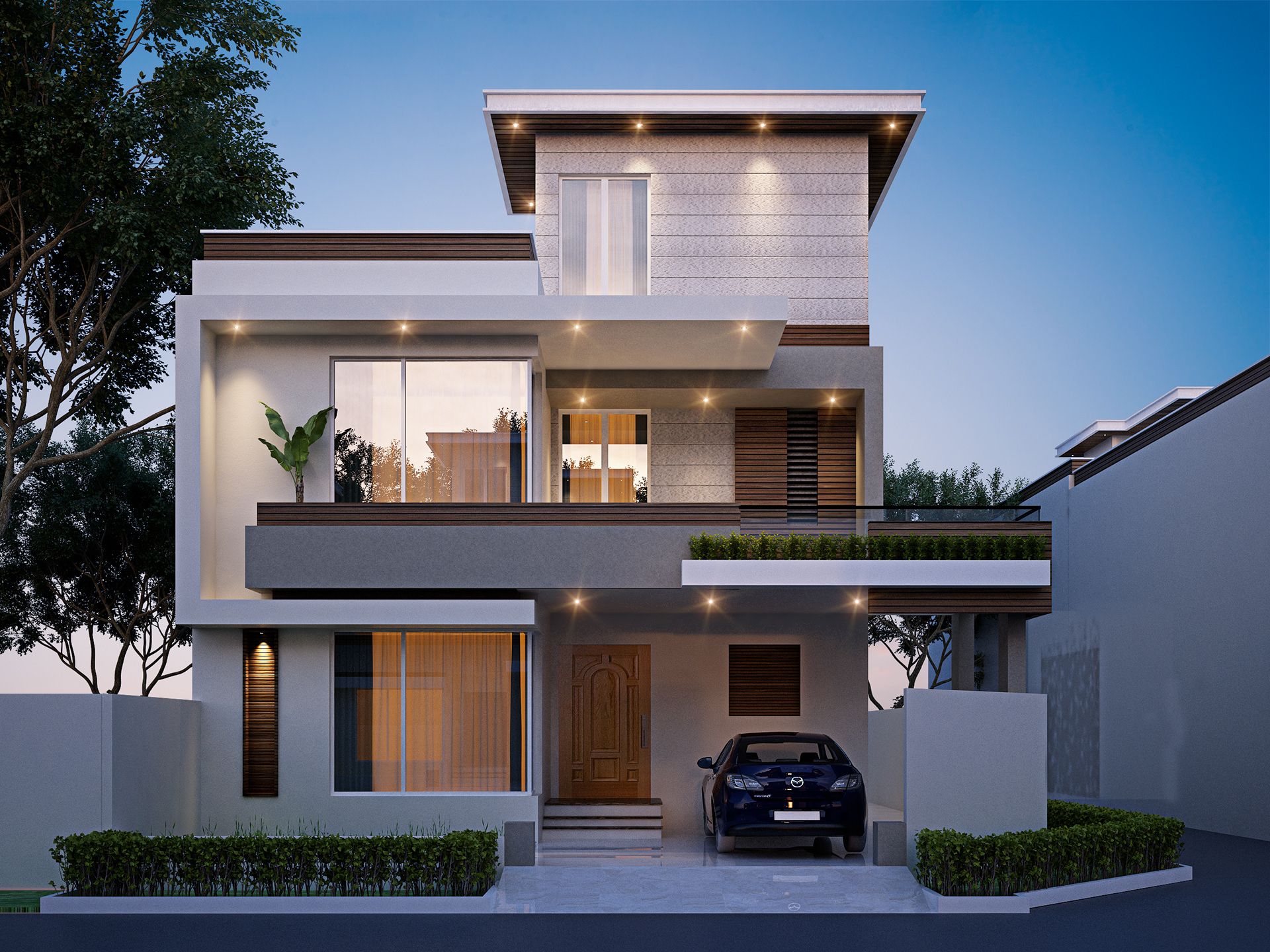
What is advisable – Buying Property or Renting Property
When you're thinking about where to live, you've got a big choice to make: should you buy a place or rent one? Each choice has its good and bad points, so it's really important to think about everything carefully before you decide. In this blog, we'll talk about the things you should think about when you're trying to decide whether to buy or rent a home.
Advantages of Buying Property:
1. Assets Building: - When you buy a property, it's like you're investing in something that usually becomes more valuable over time. As you pay off your mortgage, you slowly own more and more of the property, which can be really helpful in the future.
2. Stability and Security: - Homeownership provides a sense of stability and security. You have control over your living space and can make modifications as you see fit without seeking permission from a landlord.
3. Potential Tax Benefits: - Homeownership often comes with tax advantages such as deducting mortgage interest and property taxes, which can result in significant savings.
4. Freedom of Customization: - Buying a property allows you the freedom to customize and personalize your living space according to your preferences. You can undertake renovations or modifications to suit your lifestyle.
5. Investment Opportunity: - Real estate has historically proven to be a solid long-term investment. By purchasing property, you have the opportunity to benefit from potential appreciation in value, generating wealth over time.
Disadvantages of Buying Property:
1. Upfront Costs: - Buying a property requires a significant upfront investment, including a down payment, closing costs, and other associated fees. This can be a barrier for individuals who don't have substantial savings.
2. Maintenance Expenses: - As a homeowner, you're responsible for the maintenance and repairs of the property. These costs can add up over time and may include expenses for repairs, renovations, and property taxes.
3. Market Risk: - The real estate market is subject to fluctuations, and property values can rise or fall depending on various factors such as economic conditions, location, and demand. There's always a risk of not getting the desired return on investment.
4. Lack of Flexibility: - Buying a property ties you down to a specific location, which may limit your flexibility to move for career opportunities or lifestyle changes. Selling a property can also be time-consuming and expensive.
5. Financial Commitment: - A mortgage is a long-term financial commitment that requires steady income and financial stability. Failing to meet mortgage payments can lead to foreclosure and damage your credit score.
Advantages of Renting Property:
1. Flexibility: - Renting offers greater flexibility as it allows you to easily relocate based on changing circumstances such as job relocation or lifestyle preferences. Leases typically have shorter terms, providing the option to move without significant financial repercussions.
2. Lower Upfront Costs: - Renting requires minimal upfront costs compared to buying a property. While a security deposit and possibly the first month's rent are typically required, they are usually much lower than a down payment for purchasing a home.
3. Reduced Responsibility: - As a tenant, you're not responsible for property maintenance and repairs. Landlords are typically responsible for addressing any issues that arise, relieving you of the financial burden and hassle associated with homeownership.
4. Predictable Expenses: - Renting offers more predictable monthly expenses as you're not subject to fluctuations in property taxes, insurance premiums, or unexpected repair costs. This can provide greater financial stability and certainty.
5. Access to Amenities: - Many rental properties offer access to amenities such as pools, fitness centres, and community spaces that may be cost-prohibitive for homeowners. Renting allows you to enjoy these amenities without the additional expense and responsibility of ownership.
Disadvantages of Renting Property:
1. Lack of Equity: - Renting does not provide the opportunity to build equity in a property. Your monthly rent payments go towards your landlord's mortgage rather than towards building your own asset.
2. Limited Control: - As a tenant, you have limited control over the property and may be subject to restrictions imposed by the landlord. This can include limitations on modifications, pet ownership, and lease terms.
3. Rent Increases: - Rent prices can increase over time, subjecting you to rising housing costs. While landlords are typically required to provide notice before implementing rent increases, these hikes can still impact your budget and financial stability.
4. No Tax Benefits: - Unlike homeownership, renting does not offer tax advantages such as mortgage interest deductions or property tax deductions. Rent payments are not tax-deductible, resulting in fewer potential savings.
5. Lack of Long-Term Stability: - Renting provides less long-term stability compared to homeownership. Landlords may choose not to renew leases or sell the property, requiring tenants to find alternative housing options, which can be disruptive and stressful.
Conclusion:
Deciding if you should buy or rent a place depends on a few things, like how much money you have, what you like in your lifestyle, and what you want for the future. Buying a place can help you save up money over time and give you a stable home, but it also means you have to spend more money upfront and take care of things like repairs. Renting is good because it's flexible and doesn't cost as much at the beginning, but you might miss out on the perks of owning a home in the long run. The best choice really depends on what's important to you. Make sure you think about all the good and bad things about buying and renting before you decide what's right for you and your goals.



